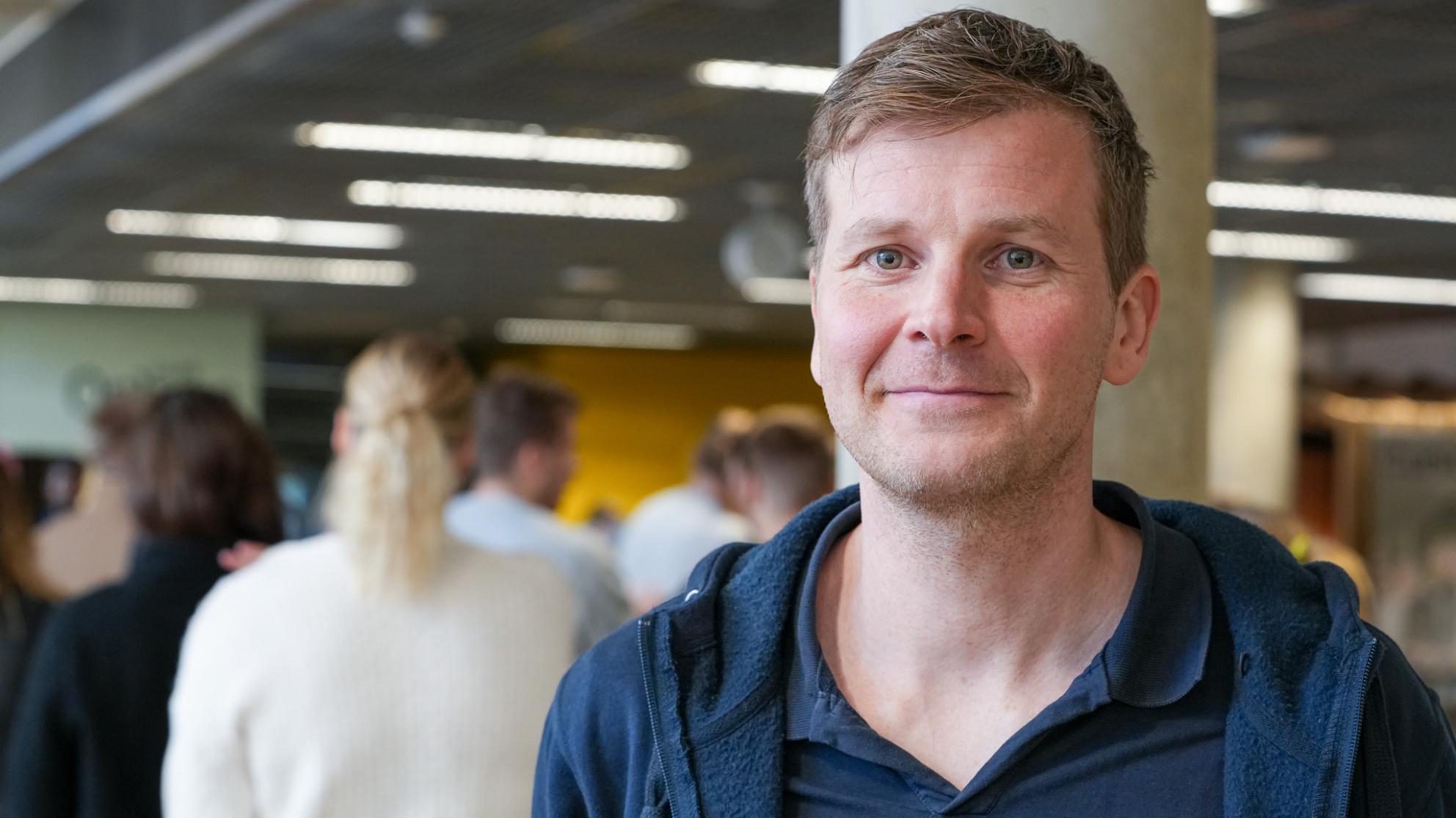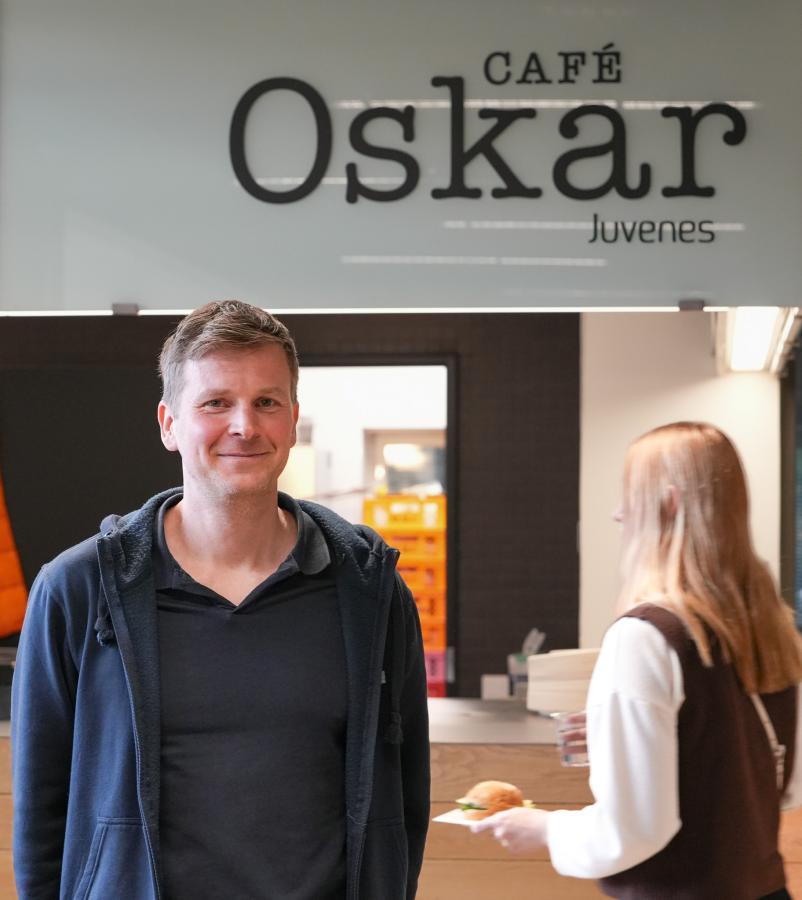Navigating an international career: Mika Somppi's insights on entering EU roles from Finnish universities

– The European Union is actively seeking talents from diverse backgrounds. Many of the current EU officials are nearing retirement age. For example, around one-third of the current Finnish staff members of the EU will retire by 2026, says Somppi.
Various paths to an EU career
For those aspiring to launch a career in the EU, there are three primary pathways to consider: traineeships, fixed-term positions, and permanent positions. You need to be an EU citizen to apply.
Traineeships: These typically last 3 to 6 months and are available across various EU institutions. To secure a paid traineeship, a completed bachelor's degree is required.
Fixed-term positions: The duration of fixed-term positions can range from several months to up to six years. Open calls are used to fill these positions.
Permanent positions: Permanent positions in the EU offer competitive compensation and comprehensive employee benefits. Holding a permanent position provides stability and the opportunity to move between various roles and institutions within the EU.
– Although traineeships may have a modest pay, the experience is like an exciting adventure, much like an Erasmus exchange, Somppi emphasizes.
Competitive examinations for permanent positions
For permanent positions, the EU organises competitions which serve as entrance examinations for these esteemed roles. Interested candidates can register for competitions online and complete various multiple-choice tests and written tasks.
– It is worth it to give these competitions a try as with thorough preparation everyone has a good chance of getting through. You can try multiple times and quite few actually get through on their first try, says Somppi.
Those who successfully pass are included in the EU's recruitment pool, from which a significant number are recruited into an EU position.
Work-life balance of EU employees
The official working hours for EU employees are 40 hours per week. Is that enough?
– Most employees manage their workloads well within the standard 40-hour workweek. It's a common misconception that EU employees work really long hours. Maybe it’s because work is often focused on the evenings and lunch hours can take longer.
While there may be occasional long workdays, these extra hours can be compensated with time off.
– This means that EU employees have plenty of free time, which they can use for various activities, including travel. Brussels, in particular, offers a convenient base for exploring Europe, with the Alps just a short train ride away. I think I travelled to 11 countries in my first year in Brussels, says Somppi.
Straight to an international career from an internship at the university
During his studies, Somppi had no plans for an international career. His journey began with a single phone call while he was doing an internship at the university's financial services.
– I didn't have my own office phone, but a man from Sweden tried to reach me through my colleague a couple of times. He turned out to be a headhunter for an American company looking for finance experts who spoke Finnish and Swedish for their office in Brussels. He was persuasive, and I sent him my CV. It took weeks before I received another call, and he was asking if I could come to Stockholm for an interview the next day. I took the opportunity and went there.
After that, Somppi already thought it was the end of the road, but then he got another call and an invitation to go to Brussels for an interview.
– I was a bit hesitant, but the recruiting company covered the expenses and I had never been to Brussels before. So, I ended up being offered a job in Brussels. I thought a lot about whether to accept the position, but my graduation was nearing, and I had to find a job anyway, so I decided to give it a try. My thesis work gained momentum when I had a job contract.
Meaningful and diverse work
Somppi made the bold decision to leave Vaasa and head to Brussels, where he worked for an American company for three years. During his time in Brussels, he met professionals working in EU institutions, which sparked his interest in EU positions.
– I've always sought purpose in my work by aligning with the values represented by the organisation I work for. EU values, such as freedom of speech, democracy, human rights, and the fight against climate change, are important to me.
Somppi applied for his first fixed-term EU position, and his career in the EU has now progressed to his fourth role.
– As the Head of Administration, my responsibilities include financial management, human resources, security and property matters, some IT, and all other administrative matters. I also lead a team of five people.
In addition, he engages in EU career outreach, attending various events to inform people about the career opportunities the EU offers.
– Though it sounds like a cliché, there really are no identical workdays. The emphasis on different tasks changes with each season. In the beginning, the wide range of responsibilities felt chaotic because there was so much new information and things to learn. But in just over five years, this chaos has become the spice of this role, making it interesting and enjoyable. The diversity of work is motivating.
Why wonder what life is like in Brussels? Take a chance and find out for yourself! In the EU, everyone comes from abroad, looking for connections and new friends. There's plenty of support available for networking and hobbies.

